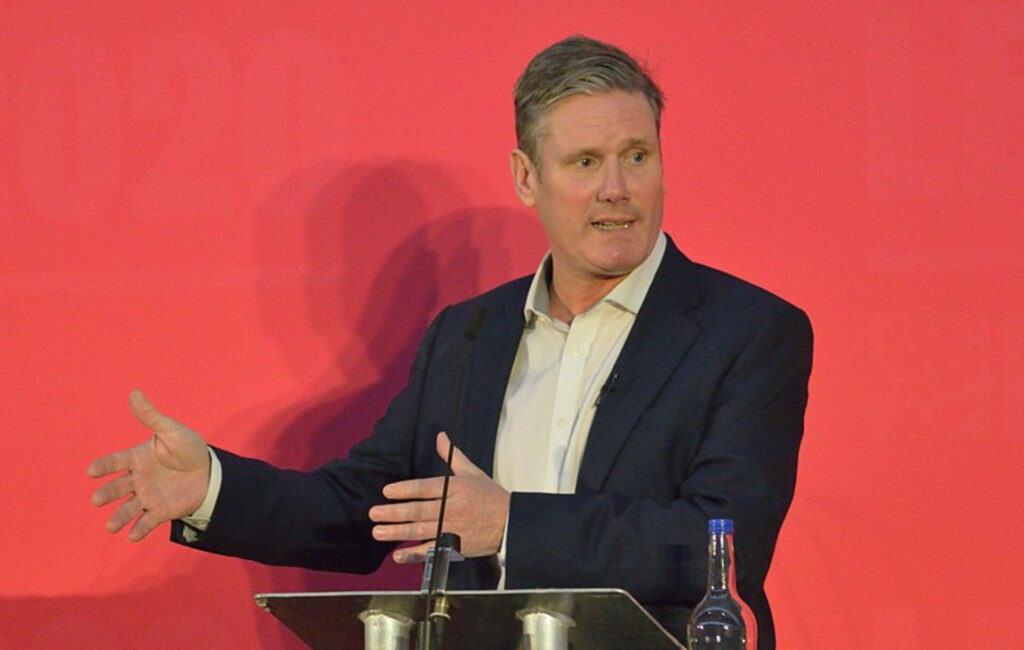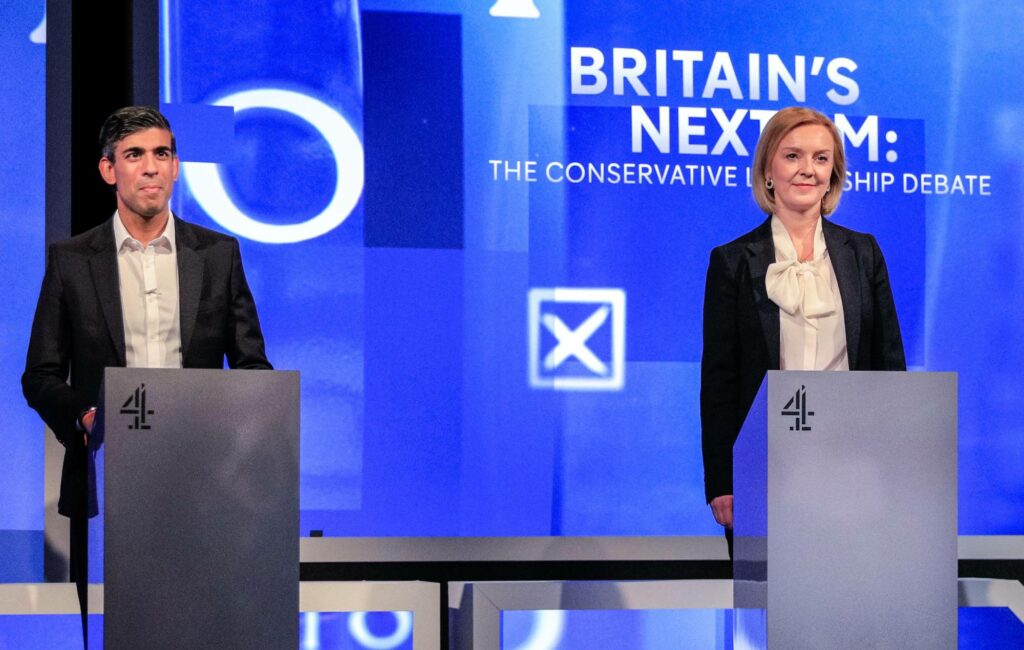Keir Starmer outlines ‘fully costed’ plan to tackle rising energy bills
Labour are looking at the possibility of "freezing" costs by increasing windfall tax
By Tom Skinner

Keir Starmer has called for additional windfall tax in a bid to freeze energy bills amid the cost of living crisis.
During an interview with the BBC, the Labour leader said that he’d tasked his team with producing “a fully costed, comprehensive plan” to tackle rising household costs. He said that he’d been working on this for “six or seven weeks”, and was looking if it was possible “to freeze energy prices”.
Experts say that Starmer’s proposals would save the average household £1,000 a year. The package would be partly paid for by a significant increase in tax on oil and gas company profits.
Some critics, however, have likened the plan to the COVID furlough scheme, and claimed it’s not viable on a long-term basis. Starmer explained that he’d “assess” the situation again in April, but said the current aim was to help people through the colder months.
Labour said it would backdate the windfall tax to January to raise £8 billion; drop the £400 energy rebate and other pledges made by Tory leadership candidates to raise £14 billion; and reduce inflation with lower energy bills, leading to a cut in government debt interest payments of £7 billion (via the BBC).
Starmer said that freezing the energy price cap at the current level of £1,971 per year for the average household would decrease inflation by four percentage points. In June, inflation reached 9.4 per cent – the highest level for over 40 years.

The government has already announced £37 billion of support for low-income households, but is being urged to do more as bills are set to increase further throughout autumn and winter.
Lizz Truss has ruled out extending the current windfall tax on energy company profits under her plan to tackle the cost of living crisis, though her opponent in the race to become the next PM, Rishi Sunak, is open to the idea (via Bloomberg).
Ofgem, the UK’s energy regulator, is due to officially announce the next energy price cap on August 26. This will be implemented on October 1, while a £400 grant to reduce bills will begin to roll out. Ofgem will set the price cap again in November under its new policy to review it every three months, instead of every six.
Last week, former Labour PM Gordon Brown said that energy firms unable to offer lower bills should be temporarily brought into public ownership. It came after it was revealed that annual energy bills are expected to reach £4,200 from January.
Elsewhere, Martin Lewis – the Money Saving Expert – described soaring energy bills as a “national crisis” on the scale of the COVID-19 pandemic. “What we are facing right now is a financial emergency that risks lives,” he said.
The winner of the Tory leadership race is set to be announced on September 5.
